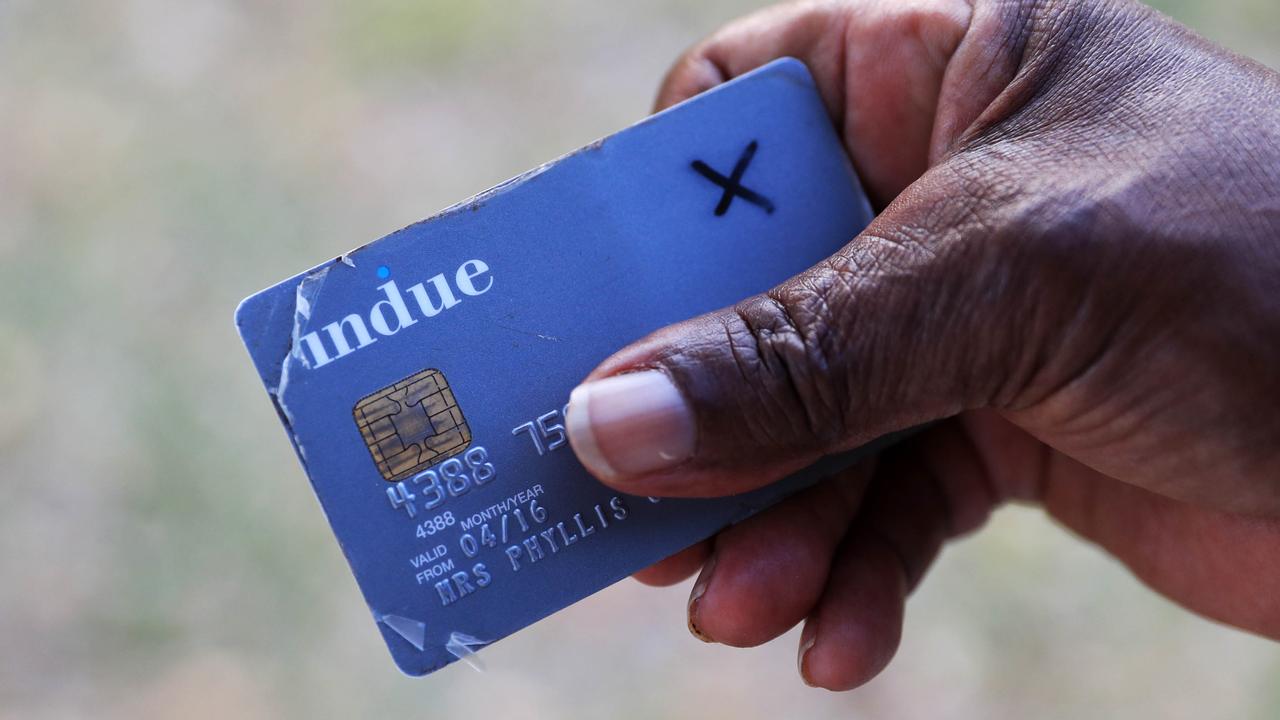Noel Pearson’s regional treaty push
Noel Pearson has proposed treaties between government and regional Aboriginal bodies.
Noel Pearson has proposed treaties between government and regional Aboriginal bodies as he warned yesterday that Tony Abbott may not have the “political capital’’ to push an acceptable model for constitutional recognition of indigenous Australians through the partyroom.
In a speech to the National Native Title Conference in Port Douglas, north of Cairns, the indigenous leader canvassed a range of issues, including the need to fight “green colonialism’’ by conservation groups on Aboriginal lands and funding for teaching of traditional languages in schools.
Mr Pearson, the architect of welfare trials in Cape York communities to stamp out violence and increase school attendance, also defended his hardline, often unpopular stance as the only way to produce “strong, healthy and educated soldiers’’ to fight for indigenous rights into the future.
More than two decades after native title was first recognised in the Mabo decision, Mr Pearson said the ensuing land-use agreements and moves towards economic development across indigenous communities had laid the foundations of regional treaties with government.
The proposal is an extension of Mr Pearson’s “empowering communities’’ blueprint — which involves eight regional Aboriginal bodies so far — that pushes for their management of government indigenous policy around the three principles of “empowerment, development and productivity’’.
Mr Pearson said the work being done by the Cape York Land Council and other bodies on the peninsula in land rights, cultural heritage, education and economic development had put them on a path to a domestic treaty with government.
“The streams of work under way — some more advanced than others — is heading towards, in the next decade, a Cape York framework for a First Nations domestic treaty settlement,’’ he said. “That is the logic of the work we have been doing over the past quarter-century, we feel all of those threads are coming together.”
Mr Pearson said native title determinations and land-use deals already provided half of the infrastructure or “one limb’’ of the type of comprehensive agreements that could be struck with state and federal governments.
“There are some very good foundations that are there for First Nations to make agreements with government on the full range of issues that affect their people and their future.”
The proposal of the regional treaties follows Mr Pearson’s championing of the model this year in the constitutional debate for indigenous recognition.
Mr Pearson has rejected “symbolic’’ changes to the Constitution in favour of an “Australian declaration of recognition” akin to the US Declaration of Independence.
The document would sit outside the Constitution and be formed alongside a new indigenous advisory and consultative body to give Aborigines a voice in the parliamentary process.
Mr Pearson said he had concerns about where the debate would end, but said it was now critical that the federal government supported regional conferences for indigenous people this year to discuss the models ahead of a national convention.
He said while he believed the majority of the Australian population supported constitutional recognition, the biggest hurdles were Tony Abbott and the Liberal partyroom.
“The first hurdle is Tony Abbott himself. He has got to lift his position,’’ he said.
“Part of the challenge here is the strong political capital that he had on the morning of January 26, he spent later that day (after announcing an Australian knighthood for Prince Philip).
“And we are going to the bank account of his political capital and saying, ‘what have you got to spend on us?’, and the answer is that the ATM has been raided, Prince Philip has been given the bank balance.’’
Mr Pearson said the “second and most profound’’ hurdle was the Prime Minister’s partyroom, in designing the referendum question to be put to the country.
“And the partyroom is, of course, using the leadership thing, the political capital, the manoeuvrings and everything else, they are using recognition as the pawn in those manoeuvrings.’’



